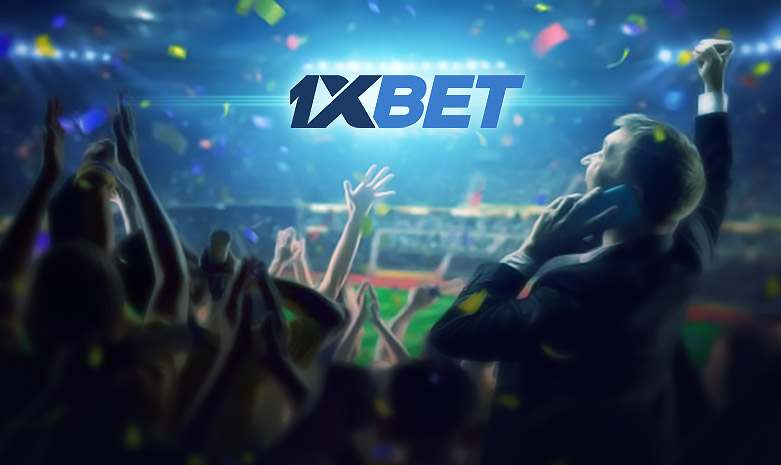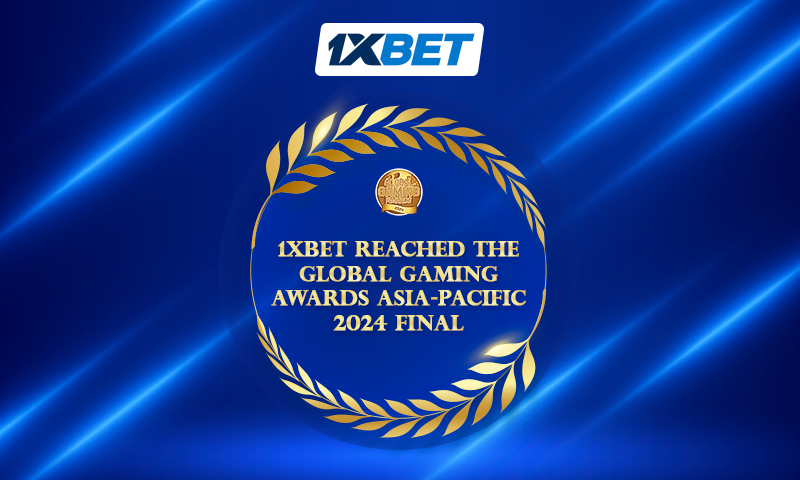The Future of Cross-Chain Betting in Crypto Casinos 21

The Future of Cross-Chain Betting in Crypto Casinos
The digital landscape is continuously evolving, and the world of online gambling is no exception. With the rise of cryptocurrencies and blockchain technology, crypto casinos have gained tremendous popularity. A particularly exciting development on the horizon is the concept of cross-chain betting. This innovation has the potential to revolutionize the way players engage with online casinos. Imagine being able to The Future of Cross-Chain Betting in Crypto Casinos bet on NBA games using different cryptocurrencies seamlessly. In this article, we will explore the future of cross-chain betting in crypto casinos, its advantages, challenges, and overall implications for the gambling industry.
Understanding Cross-Chain Technology
Before we delve into cross-chain betting, it’s essential to understand what cross-chain technology is. In the realm of blockchain, a “chain” refers to a specific cryptocurrency’s blockchain, such as Bitcoin, Ethereum, or Litecoin. Traditionally, these blockchains operate independently, which means that transferring assets or information between them can be complex and inefficient. Cross-chain technology aims to bridge these gaps, allowing for seamless interaction between different blockchains.
By enabling communication between separate chains, cross-chain technology opens up a world of possibilities. Users can move assets from one blockchain to another without relying on central exchanges or third-party intermediaries. This functionality becomes especially vital for cross-chain betting, where players may wish to use various cryptocurrencies at a single online casino platform.
The Emergence of Cross-Chain Betting
Cross-chain betting, as a concept, refers to the ability of players to place bets or engage in gambling activities across different cryptocurrencies. This means that a bettor can use Bitcoin to wager on a game while another player may choose to use Ethereum for the same bet within the same platform. The casinos themselves benefit from this model as it can attract a larger pool of players who use different currencies.

With cross-chain functionality, players can maximize their betting strategies by choosing the currency in which they feel most comfortable or have the best odds. This versatility could lead to higher participation rates and a more inclusive gaming environment. The potential for cross-chain betting extends beyond just the ability to wager in multiple cryptocurrencies; it could also encompass various gaming and betting styles that cater to different preferences around the globe.
Benefits of Cross-Chain Betting
One of the most significant benefits of cross-chain betting is the increased flexibility it offers. Players can choose their preferred cryptocurrency, enhancing user experience and satisfaction. For those who are heavily invested in a particular digital currency, being able to place bets without having to convert to another currency saves time and transaction costs.
Furthermore, cross-chain betting enhances liquidity and market depth within casinos. When more users can participate using the currency of their choice, the overall activity and revenue generation for crypto casinos increase. This can create a more dynamic and responsive betting market, benefiting both the players and the casino operators.
Another benefit is enhanced security. Smart contracts — self-executing contracts with the terms of the agreement directly written into code — can facilitate transactions across different chains. This could reduce the risk of fraud and ensure that payouts occur instantly upon fulfilling the conditions of a bet, creating a more trustworthy gambling ecosystem.
Challenges to Overcome
Despite the promising future of cross-chain betting, there are several significant challenges that need to be addressed. One of the primary concerns is the technical complexity that comes with integrating multiple blockchains. Each cryptocurrency has its own blockchain architecture, consensus mechanisms, and smart contract standards. Therefore, developing a straightforward interface for users to navigate various cryptocurrencies cohesively is a considerable technical challenge.

Additionally, legal and regulatory concerns impact the adoption of cross-chain betting. Different jurisdictions have varying laws when it comes to online gambling and cryptocurrencies. Ensuring compliance with these regulations while offering cross-chain capabilities can be a formidable hurdle for operators.
Lastly, there is the question of user education. As the world of cryptocurrencies and decentralized technologies can be daunting to newcomers, educating users about cross-chain functionalities and their benefits is crucial to fostering widespread adoption.
Future Outlook
As technology advances and the blockchain ecosystem continues to mature, it is likely that cross-chain betting will become more prevalent in crypto casinos. Innovations such as atomic swaps — exchanges of cryptocurrencies without the need for a third party — and interoperable smart contracts are actively being developed and have the potential to address some of the current challenges associated with cross-chain technology.
Further, with the increasing mainstream acceptance of cryptocurrencies, more players will be willing to engage with online casinos that offer diverse betting options. As traditional payment systems promote exclusivity, the incorporation of cross-chain betting will likely attract a broader, more diverse audience eager to participate in a more inclusive gambling environment.
Conclusion
The future of cross-chain betting in crypto casinos holds immense promise, transforming how players interact with gambling platforms. The ability to wager using multiple cryptocurrencies not only enhances user experience and engagement, but also presents new opportunities for innovations in the gaming space. While challenges remain, the growing interest in cross-chain capabilities signals a potential shift towards a more inclusive and flexible gambling landscape. As the developments continue to unfold, it is crucial for stakeholders in the blockchain and gambling industries to collaborate and navigate the complexities of cross-chain technology to realize its full potential.

